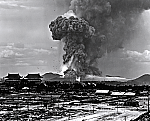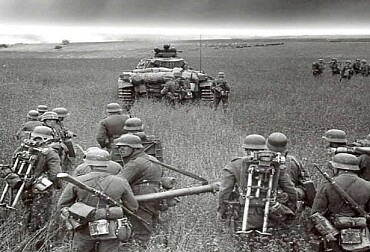Echoes of a September Morning: Remembering 9/11 - A Day That Changed the World
September 11, 2001, began like any other Tuesday morning across the United States. Skies were clear, people were heading to work, and children were starting their school day. But by day's end, the world had irrevocably changed. A series of coordinated terrorist attacks, perpetrated by al-Qaeda using hijacked commercial airliners, left an indelible scar on the American psyche and reshaped global geopolitics for decades to come.

The Unfolding Tragedy
The horrifying events unfolded rapidly. At 8:46 AM EST, American Airlines Flight 11, en route from Boston to Los Angeles, crashed into the North Tower of the World Trade Center in New York City. The impact, initially thought to be a terrible accident, sent plumes of smoke billowing into the sky and shocked onlookers. Just seventeen minutes later, at 9:03 AM, United Airlines Flight 175, also from Boston to Los Angeles, struck the South Tower. At this point, it became chillingly clear that these were deliberate acts of terror. Both iconic skyscrapers, symbols of American economic might, were engulfed in flames, and the world watched in disbelief as people trapped in the upper floors made unimaginable choices.
The terror continued. At 9:37 AM, American Airlines Flight 77, en route from Washington Dulles to Los Angeles, slammed into the Pentagon in Arlington, Virginia, the headquarters of the U.S. Department of Defense. A massive fire erupted, causing a section of the building to collapse.
The fourth hijacked plane, United Airlines Flight 93, from Newark to San Francisco, was believed to be headed towards Washington D.C., likely targeting the U.S. Capitol or the White House. However, a group of brave passengers and crew, having learned of the other attacks through phone calls, valiantly fought back against the hijackers. Their courageous struggle resulted in the plane crashing into a field in Shanksville, Pennsylvania, at 10:03 AM, saving countless lives on the ground.
The ultimate devastation occurred with the catastrophic collapse of the World Trade Center's Twin Towers. The South Tower fell at 9:59 AM, followed by the North Tower at 10:28 AM. The immense structures, built to withstand hurricanes and fires, could not endure the high-heat jet fuel fires and the structural damage from the impacts. Tower 7, a third building in the WTC complex, also collapsed later in the day due to fire and structural damage.
The Human Toll and Heroism
Nearly 3,000 innocent lives were lost that day. The victims were a cross-section of humanity: business people, office workers, tourists, service personnel, and airline passengers. Among them were also 412 emergency workers – firefighters, police officers, and paramedics – who rushed into danger without hesitation, making the ultimate sacrifice to save others. Their heroism, along with the bravery of the passengers on Flight 93, became enduring symbols of courage in the face of unfathomable evil.
Immediate Aftermath and Global Shock
In the immediate aftermath, a profound sense of shock and grief enveloped the United States and much of the world. All civilian flights in the U.S. were grounded, a first in history. The sheer scale of the attacks left many reeling, struggling to comprehend the devastation. Yet, amidst the chaos, a remarkable spirit of national unity emerged. Americans rallied together, offering support, volunteering aid, and lining up to donate blood. International solidarity also poured in, as countries around the globe expressed condolences and condemned the acts of terror.
Long-Term Consequences
The 9/11 attacks ushered in a new era of national security. They directly led to the "War on Terror," with U.S.-led invasions of Afghanistan (to dismantle al-Qaeda and remove the Taliban) and later Iraq. Domestically, the Department of Homeland Security was created, and the Patriot Act expanded government surveillance powers, significantly altering civil liberties debates. Air travel security was fundamentally transformed with the establishment of the Transportation Security Administration (TSA) and new screening protocols. American foreign policy underwent a dramatic reorientation, prioritizing counter-terrorism efforts and alliances.
Legacy and Remembrance
Today, September 11th is a day of solemn remembrance. Memorials stand at each attack site – the Reflecting Pools at the 9/11 Memorial & Museum in New York, the Pentagon Memorial, and the Flight 93 National Memorial in Pennsylvania – serving as poignant tributes to those who perished. The phrase "Never Forget" serves as a powerful reminder of the lives lost, the bravery displayed, and the enduring impact these events have had on security, politics, and the collective memory of a nation.
Twenty-four years on, the echoes of that September morning still resonate. It stands as a testament to the enduring human spirit in the face of unspeakable tragedy, and a perpetual call to vigilance against hatred and extremism.








